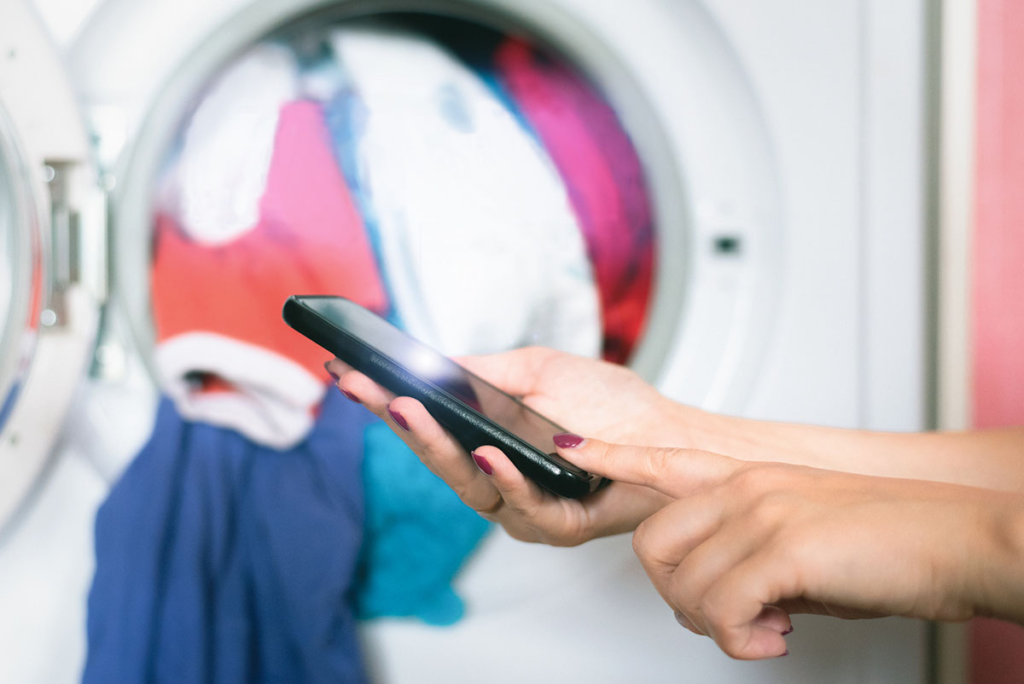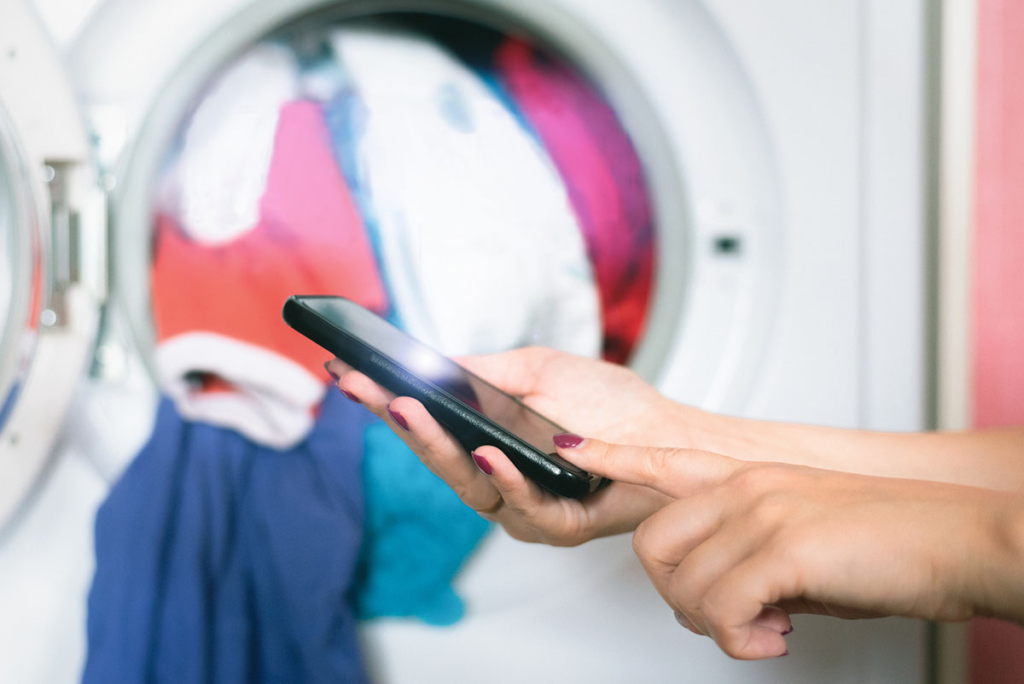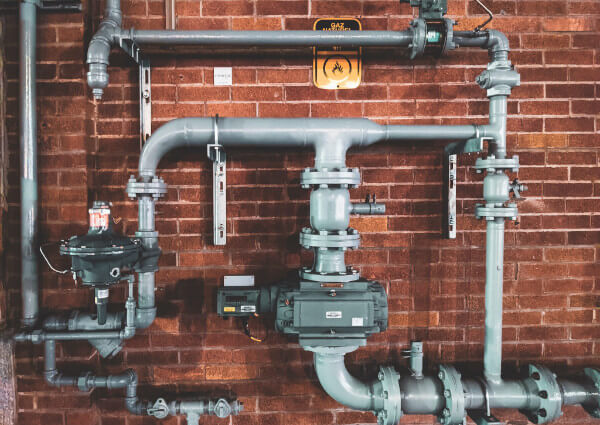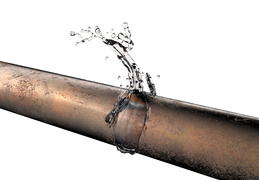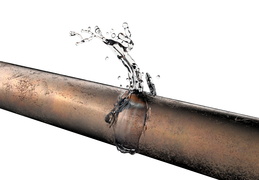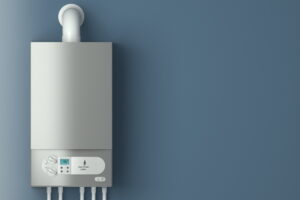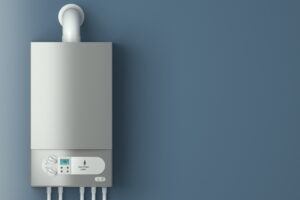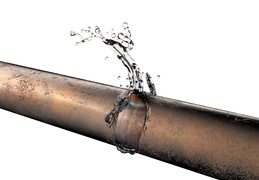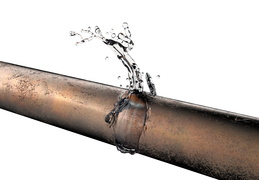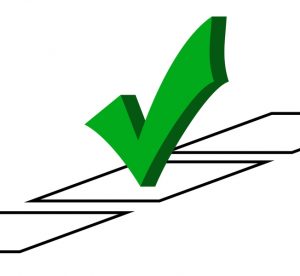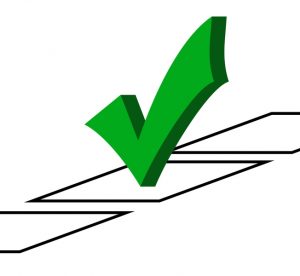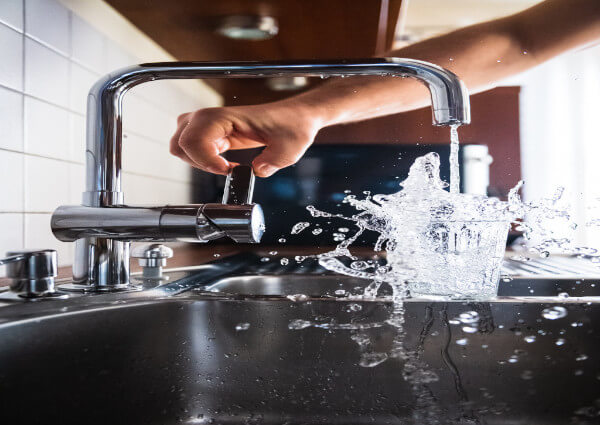 Today, we want to take the time to answer a question we get pretty often from homeowners: “How can I tell when I’m experiencing a plumbing emergency?” As you know, when you have a plumbing problem, you’re either going to schedule an appointment for a standard service call or call for emergency plumbing services. It can be difficult to determine what constitutes a true plumbing emergency. Many of your plumbing issues can seem quite urgent because so many of them involve potential water damage. We’re here to make it simple today.
Today, we want to take the time to answer a question we get pretty often from homeowners: “How can I tell when I’m experiencing a plumbing emergency?” As you know, when you have a plumbing problem, you’re either going to schedule an appointment for a standard service call or call for emergency plumbing services. It can be difficult to determine what constitutes a true plumbing emergency. Many of your plumbing issues can seem quite urgent because so many of them involve potential water damage. We’re here to make it simple today.
We’re experts in everything plumbing in Peoria, AZ. We want to help you figure out when you need to make that after-hours call versus what can wait. Let’s get into a few instances that you should call us urgently below.
Reasons to Call for Emergency Plumbing
These are the questions that you should ask yourself if you’re trying to determine if you’re having an emergency plumbing problem or not.
What’s the Weather Like?
So let’s start off by checking the weather. We know that this may seem like we’re getting off topic, but it actually has a lot to do with your home’s plumbing services. Here in Arizona, the weather you’re going to want to watch out for is our extreme warm weather. This is the weather we’re experiencing here more often than not and it can exacerbate certain plumbing issues. If you’re having a sewer issue during a heat wave, the heat combined with the scent of a sewer can make your home quite the unpleasant place to inhabit. This can potentially escalate an otherwise benign situation into a plumbing emergency.
Will There Be More Damage If I Leave the Problem Alone?
Now you should weigh the risk of waiting. Let’s say that you determine whatever you’re experiencing isn’t a plumbing emergency. This problem struck outside of normal HVAC hours and you’re going to wait until tomorrow morning to call a plumber to address the issue. Is this going to put your home at risk? Things like major leaks or gas line problems can put your home at risk and we suggest bumping these up into the emergency zone.
Can You Turn the Appliance or Fixture Off?
If you’re having trouble with a minor leak and you can shut off the water flow to that fixture, this might not be a plumbing emergency. We suggest taking this route if possible and then calling a professional to get them out to your home at their earliest availability.
Do You Need to Use this Plumbing System Soon?
The frequency that you use a certain plumbing system can actually determine whether something is a plumbing emergency or not. If you have one bathroom at home and you’re having no water flow from your showerhead, then this would automatically become a plumbing emergency. The same logic would apply if you were having an issue like this with your toilet. Don’t wait if you need a fixture or appliance urgently.
Contact The Trusted Plumber when you want quality emergency plumbing services in the area.
Did you miss our previous article…
https://agapeplumbing.net/?p=242
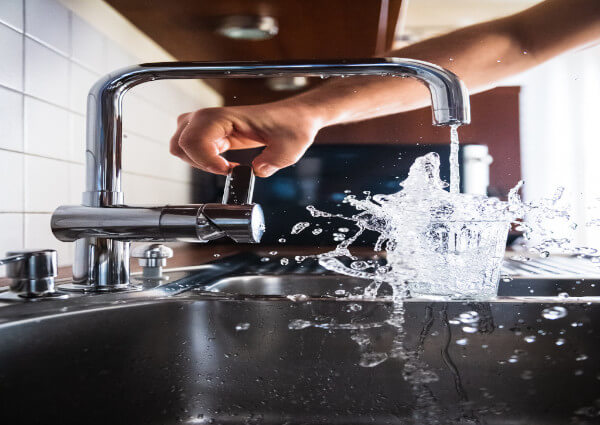

 Finding a fast, easy way to clean your garbage disposal might seem like a dream come true, but viral video hacks claiming to leave your system cleaner can end up doing more harm than good. Before you head to TikTok for a crash course in cleaning your garbage disposal, you might want to read up on why plumbing professionals advise against using these methods and what you can do instead to get your system squeaky clean!
Finding a fast, easy way to clean your garbage disposal might seem like a dream come true, but viral video hacks claiming to leave your system cleaner can end up doing more harm than good. Before you head to TikTok for a crash course in cleaning your garbage disposal, you might want to read up on why plumbing professionals advise against using these methods and what you can do instead to get your system squeaky clean!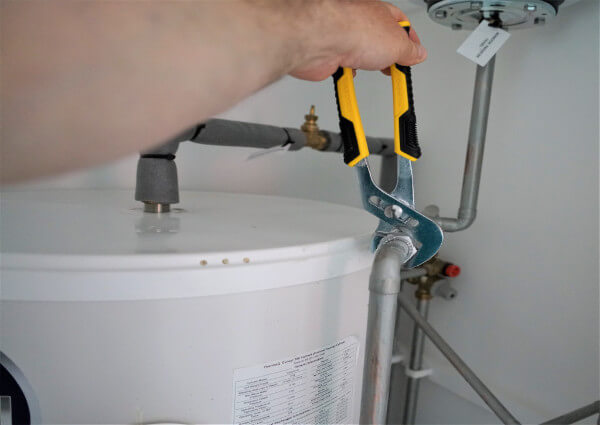
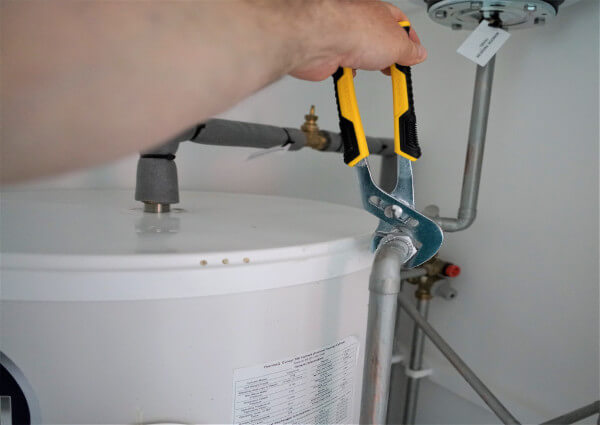 Scheduling water heater maintenance for your system might not be at the top of your to-do list, but there are many reasons why it should be. Professional water heater maintenance provides homeowners with numerous system benefits that they wouldn’t experience otherwise. Read on to discover the benefits you’re missing out on if you don’t
Scheduling water heater maintenance for your system might not be at the top of your to-do list, but there are many reasons why it should be. Professional water heater maintenance provides homeowners with numerous system benefits that they wouldn’t experience otherwise. Read on to discover the benefits you’re missing out on if you don’t 